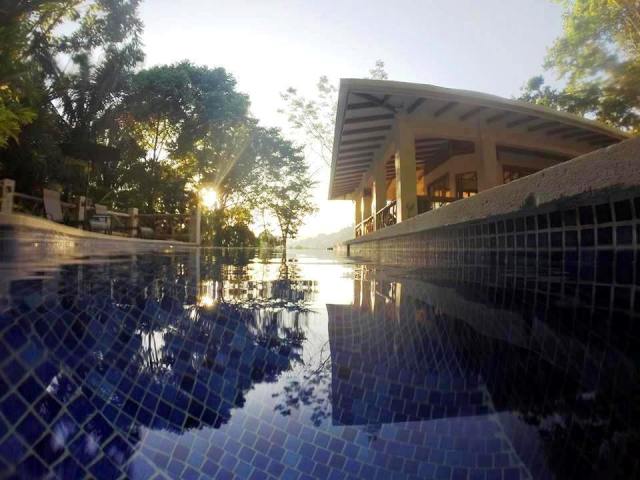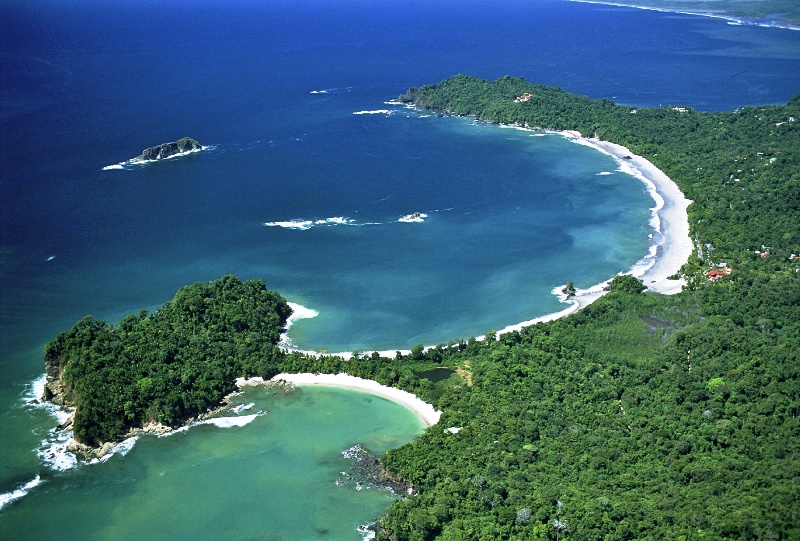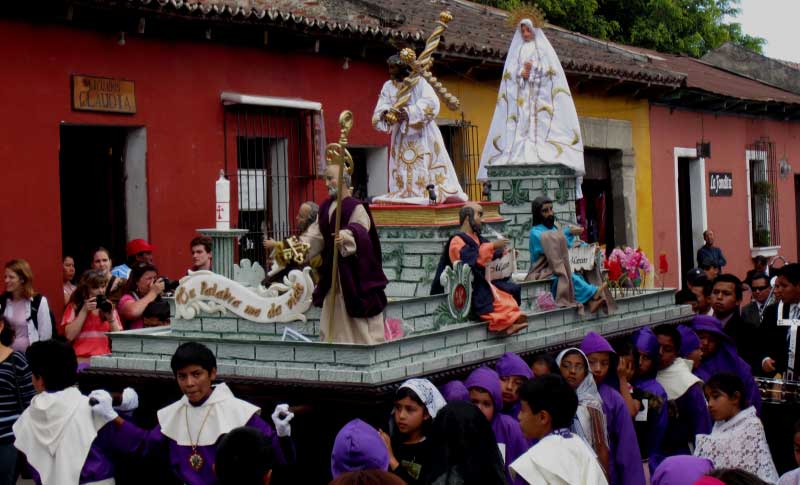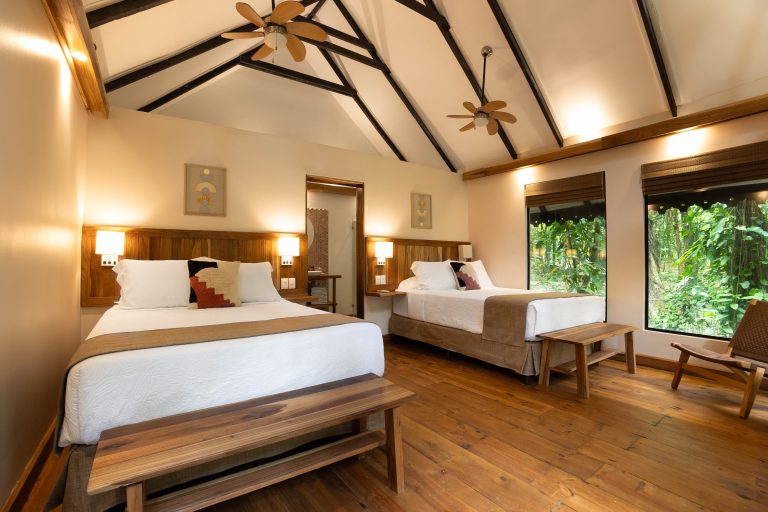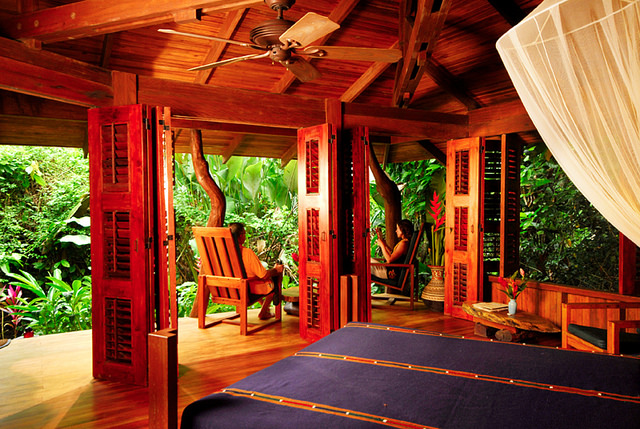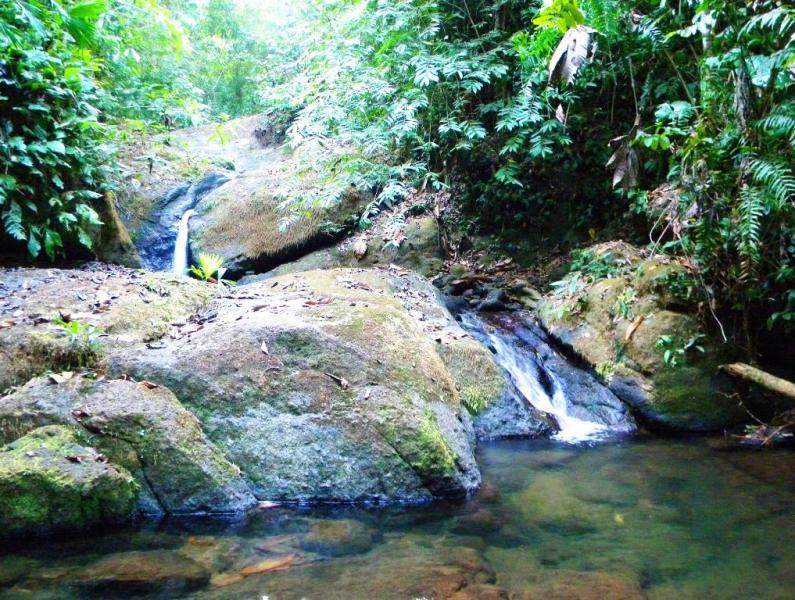 Once again, the Central American nation of Costa Rica is the best country to retire, according to the 2016 Best Countries rankings. And Costa Rica is a top option for a healthy, comfortable retirement as stated in International Living’s Annual Global Retirement Index.
Once again, the Central American nation of Costa Rica is the best country to retire, according to the 2016 Best Countries rankings. And Costa Rica is a top option for a healthy, comfortable retirement as stated in International Living’s Annual Global Retirement Index.
A lot of people from other countries invest in real estate in Costa Rica for retirement homes, vacation homes or Costa Rica vacation rentals. Read our blog article on why Costa Rica is a hot property investment, and about “Is it time to escape stress to a happier life in Costa Rica?” to see if Costa Rica is the right move for you.
Where to live in Costa Rica? Location, location, location is always the key. Costa Rica’s two main attractions are the rainforest and its beaches. The extraordinary eco-development of Portasol Rainforest & Ocean View Living offers the best of both worlds on Costa Rica’s Central Pacific Coast.
Set on a 1,335-acre private reserve of pure rainforest, Portasol Living is 10 minutes from beautiful, sparsely populated tropical beaches. The eco-development is positioned between Manuel Antonio National Park and the southern Pacific with surfing hotspot Dominical and remarkable whale-watching in the Ballena Marine National Park. Manuel Antonio was named a best beach in the world, second best beach in Central America and No. 1 in Costa Rica, in the 2016 Travelers’ Choice Awards by Trip Advisor.
You’re ready to buy and build your dream home in Costa Rica. What do you need to do to buy property in Costa Rica?
10 Easy Steps to Buy Rainforest Properties in Costa Rica at Portasol Living
- Choose your property. Portasol Living is being developed in phases; there are currently 56 lots developed with a total of 180 planned. Lots range in size from 1.2 acres up to 11 acres at prices between $46,000 and $300,000; each has road access, water, satellite TV, telephone and electricity supplied to the property line. Features include: ocean and mountain views, mature rainforest, river or creek boundaries, and access to trails and public areas. Portasol also has existing homes available for re-sale.
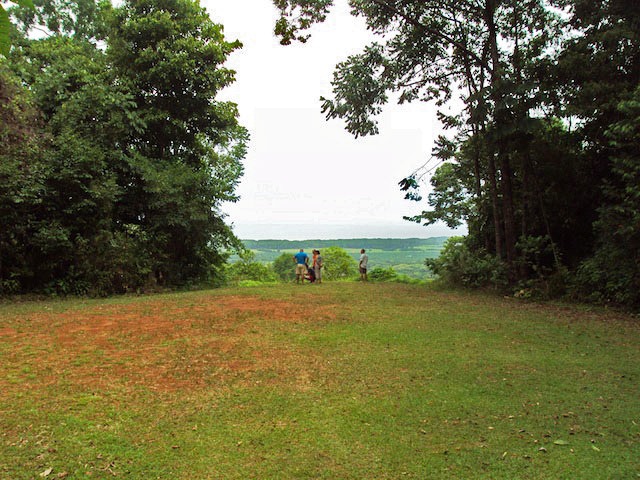
- Sign a Purchase Agreement. Once you choose your property and learn Portasol’s regulations, you need to sign a Purchase Agreement and pay a down payment of between 20% and 40%.
- Due diligence takes 30 to 60 days to check with the national registry and ensure all is in order legally with the property.
- Financing is available for Portasol lots (but not re-sale homes). Portasol Living offers a 40% down payment and an owner-financed mortgage up to 10 years. The loan percentage varies depending on the mortgage length.
- Sign final documents and pay. Meet at the lawyer’s office to sign the title documents, and either pay the balance due or sign the mortgage documents. You will have arranged a wire transfer from your bank to an “escrow” account. Then it’s yours!
- New property owner responsibilities: As a new owner, you must take care of your annual property taxes, and pay a $100 monthly maintenance fee that is managed by the Portasol development and owners’ association.
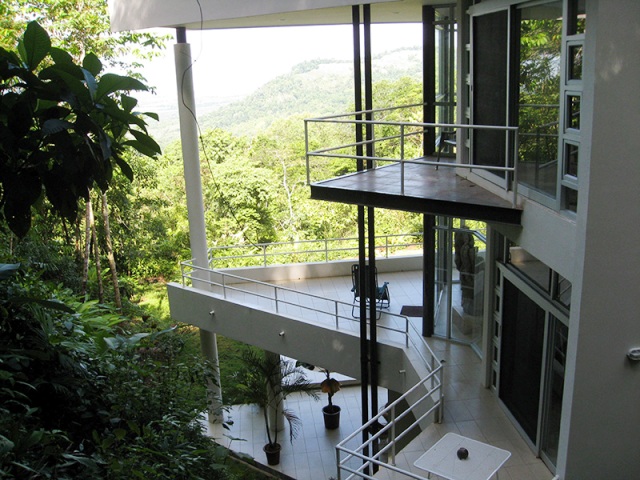
- Meet with an architect. Portasol will connect new property owners with an architect to design an eco-friendly home that meets the community’s building regulations. Being a sustainable gated community, Portasol Living protects 83% of its total land as green space. Community rules state that 15% of each property lot may be used for construction and the remaining space is to be preserved naturally.
- Get building plans approved. Once you have your architectural plans, they need to be reviewed and approved by the Portasol Commission for Construction Projects (COSUPROCO).
- Building permits. Portasol staff can help you go to the local municipality to get the necessary building permits.
- Hire a building contractor. The architect and Portasol staff can recommend building contractors. Average building time is 9 to 12 months after receiving permits, depending on the size of the home and luxury details.
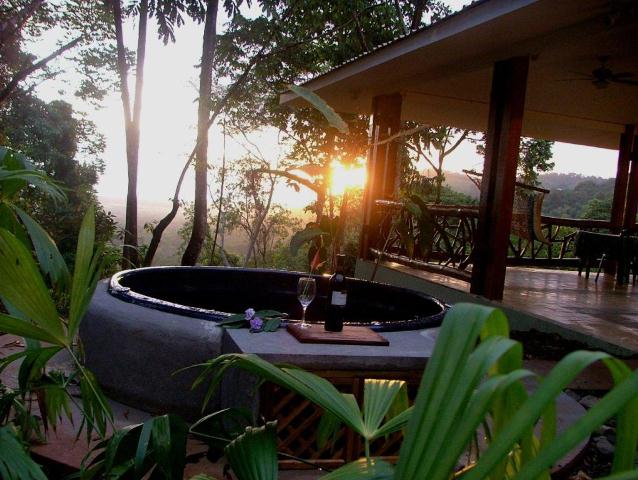 Contact Portasol Rainforest & Ocean View Living today to enjoy the good life in your new Costa Rica dream home.
Contact Portasol Rainforest & Ocean View Living today to enjoy the good life in your new Costa Rica dream home.
Article by Shannon Farley



